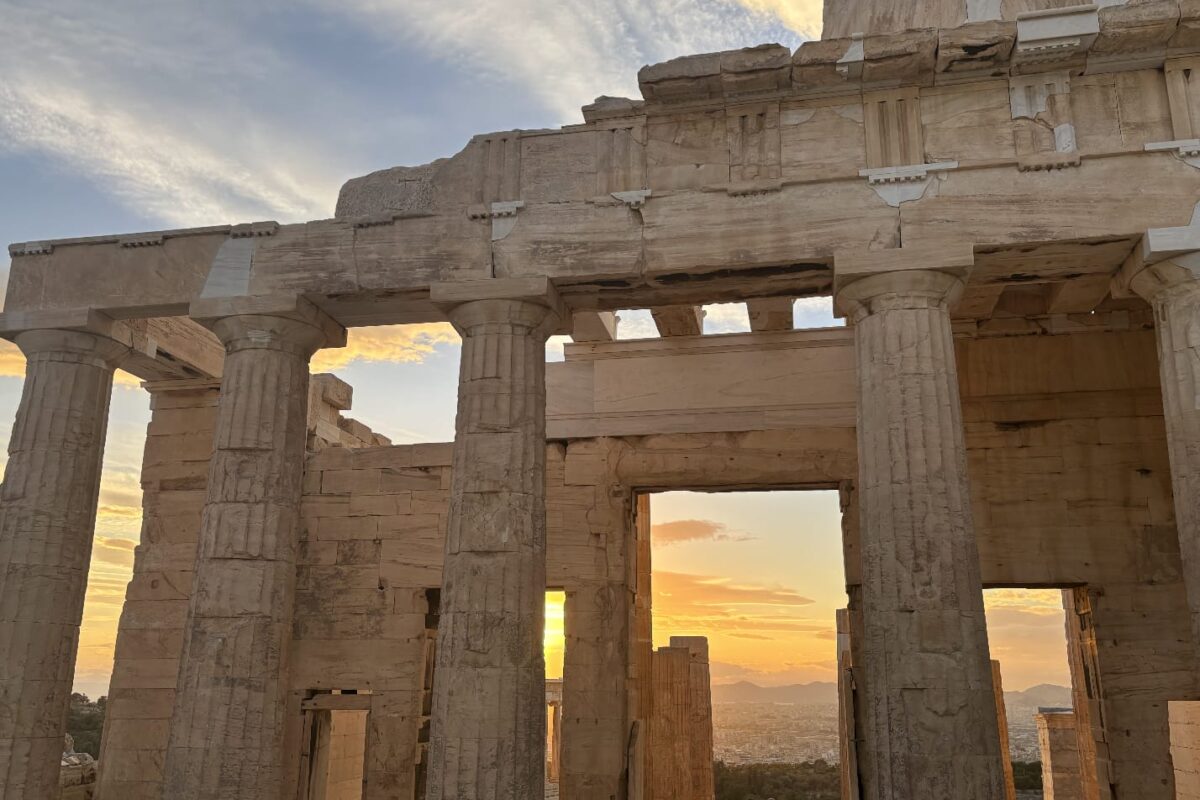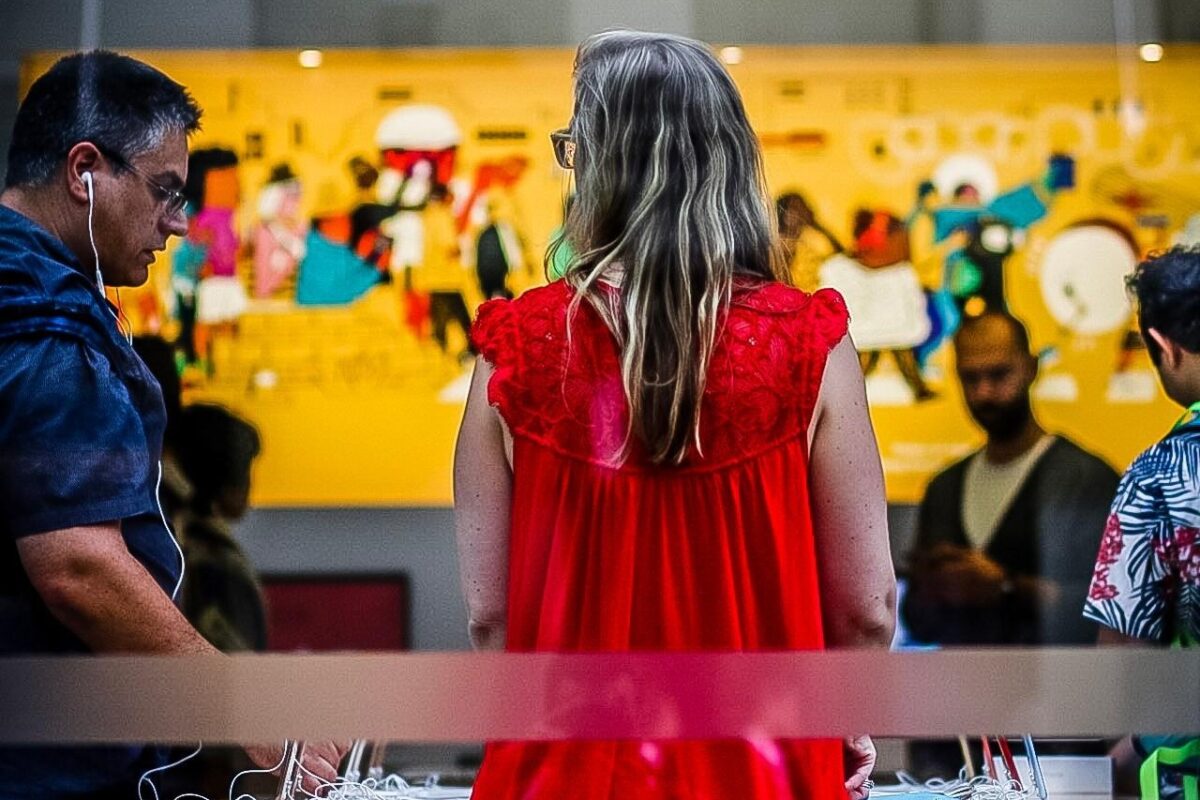A new eco-learning initiative has sparked lasting changes in how children see themselves — and their role in caring for the natural world.
(09 September 2025) – The Kiwi Keepers programme was developed by the Merz Institute and introduced to nearly 70 students aged five to seven at Ruahine School in the Manawatu — a decile eight primary school.
The institute’s research on the behavioural roots of ecological overshoot and its symptoms (such as climate change) is sought after by organisations, governments and institutions around the world. Drawing on this research, the programme used storytelling, exploration and play to support children in seeing themselves as guardians of the natural world.
“We intentionally designed the language and activities so that children could adopt a positive pro-nature identity. This is about them wanting these pro-nature values to be part of who they are as an individual.”
Joseph Merz
To support the reinforcement of this identity during the 12-month pilot, children also received a personalised photo ID, lanyard, and badge.
“Within two days we were getting reports of behaviour change occurring. The first was when a child in the class was about to squash a spider, and then stopped and said, ‘I can’t! I’m a Kiwi Keeper!’” recalls Joseph.
Teachers observed children applying what they learned beyond the sessions — from reminding parents not to cut down trees, to showing greater awareness of their everyday impact.
“Three years on, those children still proudly call themselves Kiwi Keepers. It’s not just something they did — it’s become part of who they are.”
Angelica Appleton
Primary Teacher
Parents and caregivers also reported increased knowledge and curiosity about the natural world, with changes occurring at home too.
Mindfulness played a role as well. The practice of “breathing like a Kiwi — in deep, and out slow” provided children with a calming strategy, normalised as part of the group experience rather than a special intervention.
“The feedback has been overwhelmingly positive, it’s very promising. This approach could better support the next generation for the ecological challenges ahead.”
Joseph Merz
Following the success, Ruahine School has confirmed it will continue running the programme annually, and the Merz Institute has donated enough materials to put another 1,500 students through the Kiwi Keepers program.


